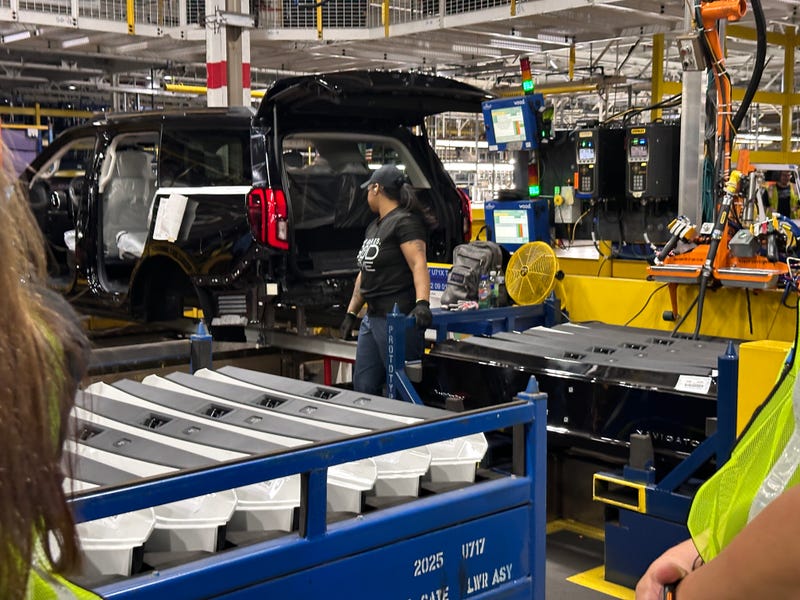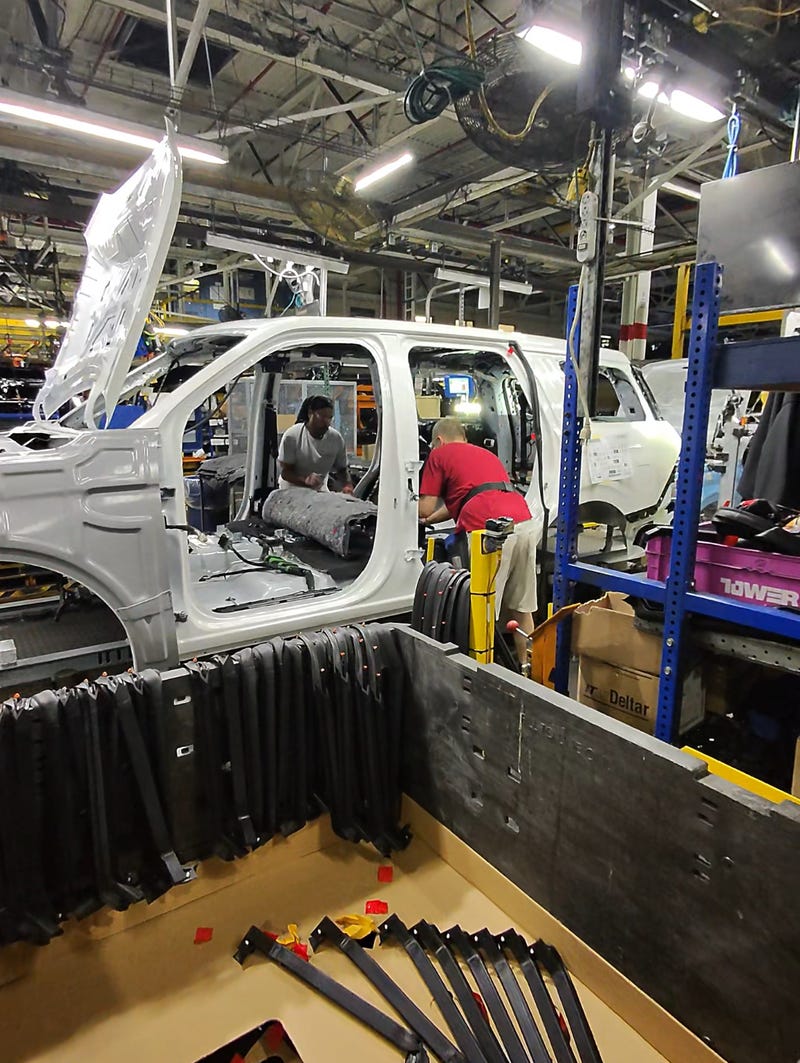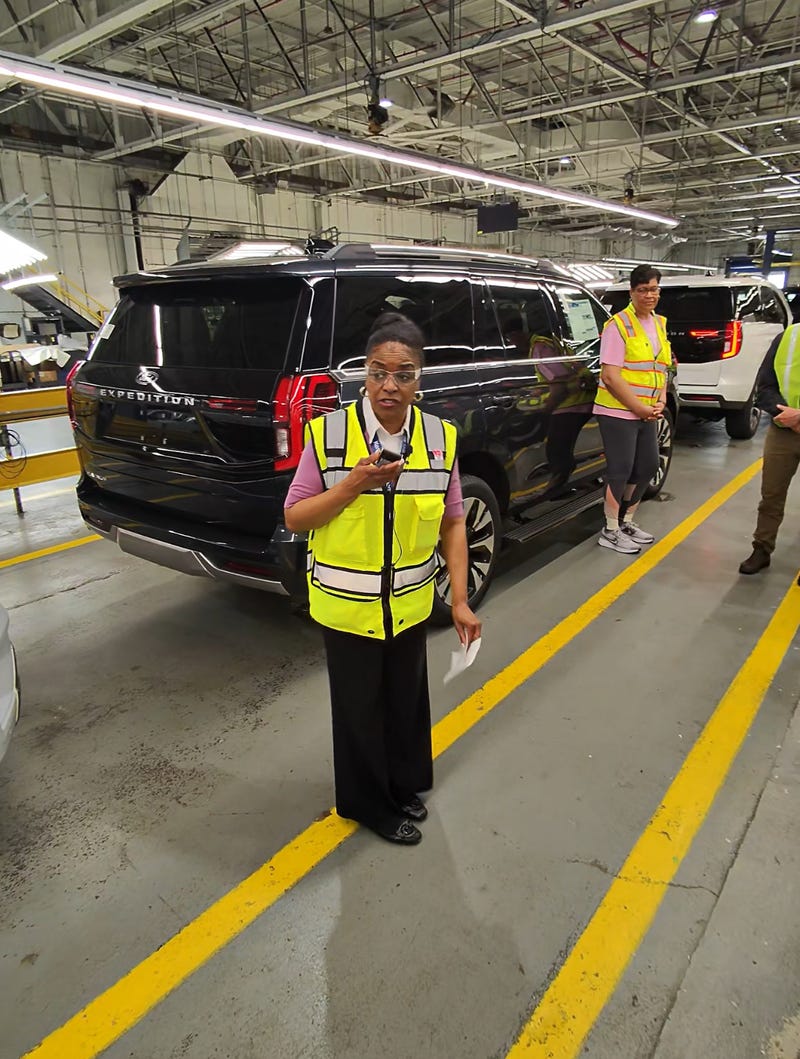
When I started selling cars nearly 30 years ago, the American auto industry symbolized resilience, mobility, and economic hope—especially for Black families like mine. I’ve watched the industry evolve through booms and bailouts, new tech and trade wars. But nothing has made me feel more disrespected—not just as a professional, but as a Black man—than what I’ve witnessed from this administration’s tariff policy, and now, its latest moves.
Let’s start with the facts.
In early 2025, former President Trump reinstated sweeping 25% tariffs on nearly all imported vehicles and parts. At the time, the justification was predictable: protect American jobs, bring manufacturing home, make America great again—again.

But for those who’ve lived through NAFTA, the 2008 crash, and the last round of Trump tariffs in 2018, we knew better. That’s why I wrote “The Unintended Consequences of Auto Tariffs” and “New 25% Car Tariffs Explained”. Because the math never added up—not for workers, not for dealerships, and certainly not for consumers.
And now the proof is in the pavement.
Ford is anticipating a $1.5 billion hit to profits. GM says the tariffs could cost them up to $5 billion. Volvo just cut 5% of its U.S. workforce at its South Carolina plant. And despite all the “America First” rhetoric, the Trump administration just struck a side deal with the United Kingdom to lower tariffs on 100,000 British-made vehicles—from 27.5% to 10%.
That’s right. Just weeks after penalizing nearly every other country and driving up the cost of doing business in the U.S., the administration gives Britain a sweetheart deal. A former colonial power whose auto industry contributes nothing to Detroit, nothing to Atlanta, nothing to the working-class American heartland.
And if that weren’t enough, on the same day, we learned that the administration is chartering flights to offer asylum to a group of white South African Afrikaners, citing, with little evidence, claims of racial persecution. This, while countless immigrants and refugees of color are being deported, detained, or denied access, some who’ve lived here for decades.
Let me be clear: this isn’t about whether white South Africans deserve safety. It’s about who gets prioritized, and what it says about the values of our government.
When the people hurt most by these tariffs—Black plant workers, immigrant parts suppliers, Latino port laborers—are the same ones being ignored or vilified by immigration policy, it’s hard not to see a pattern. These policies don’t just shift economics. They shift belonging. They reinforce a caste of who counts and who doesn’t.
And yet, some Americans—many of them Black and Brown—still stand by and defend this administration.
I struggle with that. I truly do.
Because while tariffs and asylum decisions may seem unrelated, they stem from the same worldview: wealth, power, and protection are things to be hoarded, not shared. That whiteness—especially foreign whiteness—is more deserving of refuge and reward than the everyday American trying to make ends meet in Birmingham, in Flint, or in South DeKalb.
I’ve driven the vehicles, met the engineers, and stood on the plant floors. I’ve watched how much hope this industry has given to Black families. And now I’m watching it be chipped away—under the banner of patriotism, but in the service of privilege.
This isn’t just poor policy. It’s a betrayal.
And for every Black voter still holding onto the idea that this administration “tells it like it is” or “fights for the little guy,” I ask: Which guy? Because it’s not the brother running the CNC machine in Louisville. It’s not the sister working late hours in the supplier's warehouse. It’s not your uncle at the dealership watching his commissions shrink as tariffs drive up prices.
It’s time we stop giving passes to policies that punish our communities—and start organizing, electing, and elevating people who will fight for our equity, our jobs, and our future.

